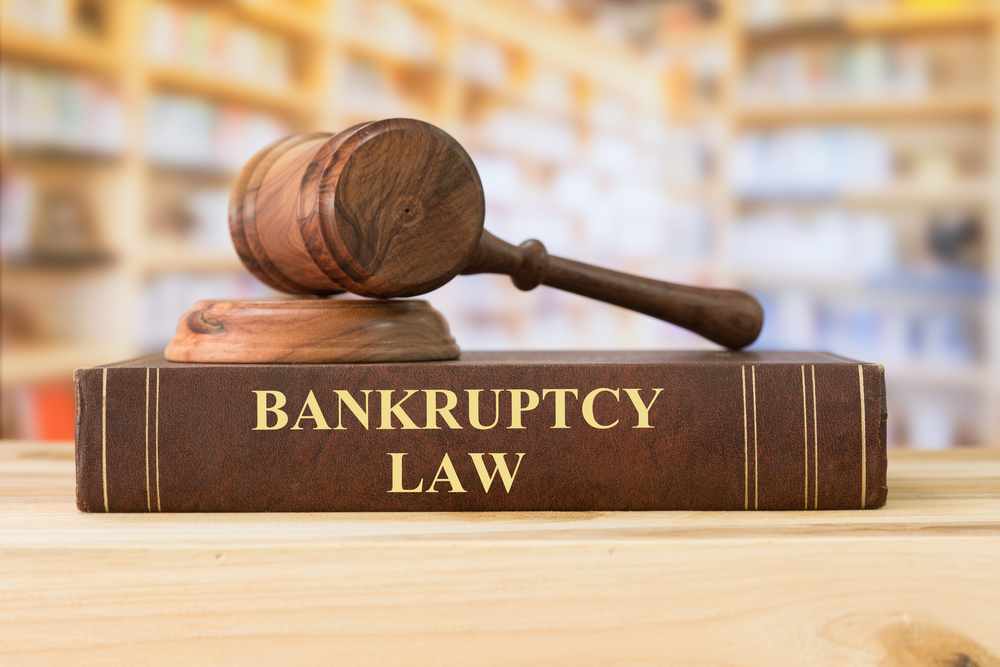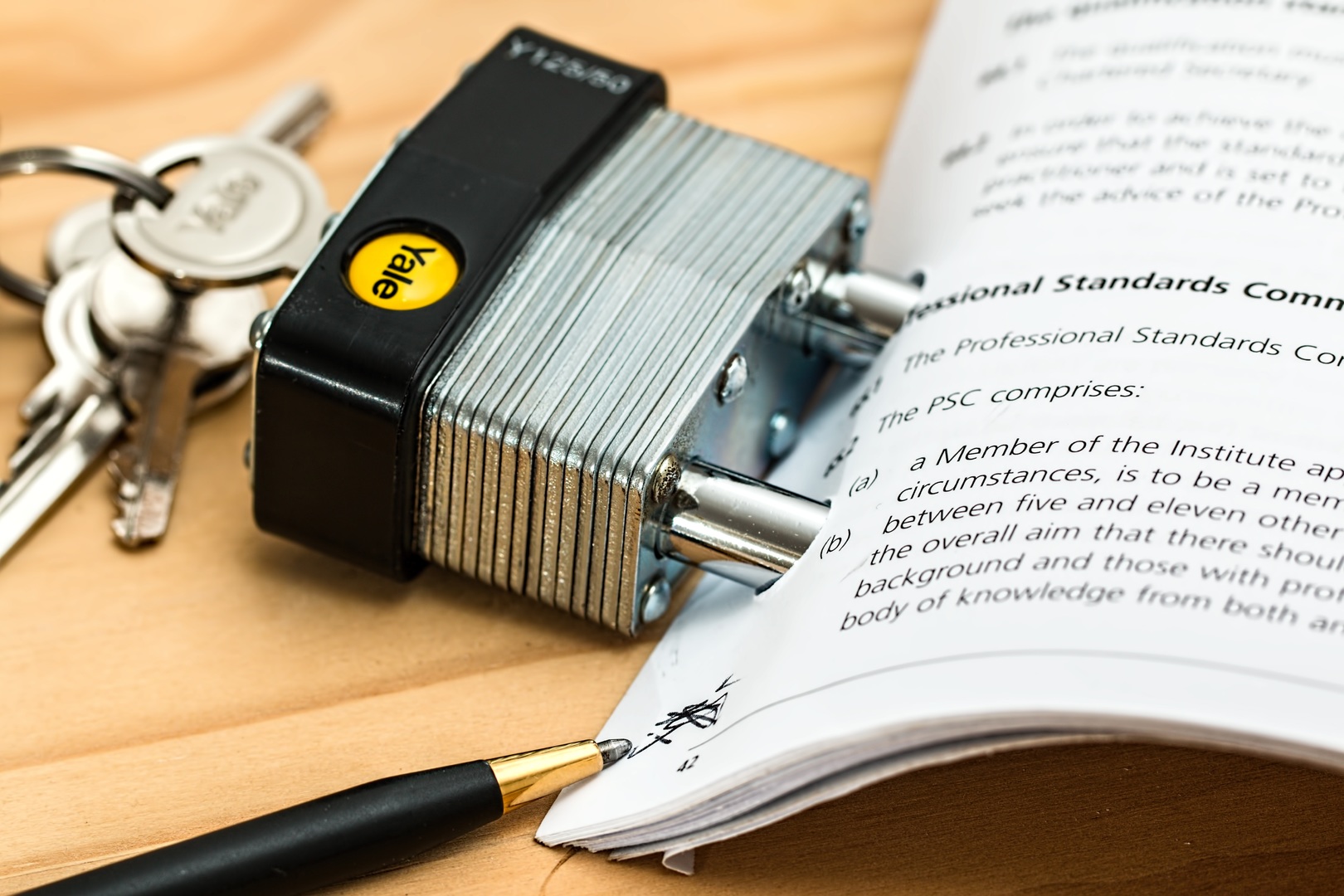786-529-6060
Free Consultation
Filing for Chapter 7 bankruptcy in Florida could be the key to eliminating your debt and securing a fresh financial start for you and your family. However, Chapter 7 specialists recommend making this decision with the guidance of an experienced Bankruptcy Lawyer in Florida.
At the Rivera Law Firm, our dedicated bankruptcy attorneys can provide the skills necessary to help you make an informed decision about your financial future. We offer a free initial consultation to review your filing in detail and examine how best to address your unique financial circumstances.
Qualifications And How To File For Chapter 7 Bankruptcy
Chapter 7 bankruptcy is also known as liquidation bankruptcy. It provides a legal recourse, established under the United States District Court (USDC), to aid individuals grappling with an overwhelming debt situation in Florida.
Bankruptcy allows consumers to eliminate various types of unsecured debts. These debts can include credit cards, medical debts, personal loans, certain tax debts, and more. Remember, filing for Chapter 7 bankruptcy is a significant financial decision, and it is important to understand all the implications of the process.
Qualifying for Chapter 7 bankruptcy in Florida requires a careful assessment of your financial situation. A bankruptcy lawyer can help with your bankruptcy petition with the application of the Bankruptcy Means Test. This test determines whether an individual's disposable monthly income falls below the Florida-adjusted median family income.
The bankruptcy lawyers at Rivera Law Firm are well-versed in Florida bankruptcy law, can help you understand the qualifications, and guide you through the means test and the filing process. We can identify bankruptcy exemptions, help in bankruptcy proceedings, and maximize the deductions available while reducing your financial obligations and increasing your chances of qualifying for Chapter 7 bankruptcy.
The Pros of Chapter 7 Bankruptcy
Filing for Chapter 7 bankruptcy in Florida can offer immediate relief from collection calls and ongoing collection actions like wage garnishments, medical debt, vehicle repossessions, and home foreclosures. Once you’ve filed for bankruptcy, it provides an automatic stay, halting these actions.
However, not all of your assets are subject to liquidation under Chapter 7 bankruptcy. Florida law provides exemptions for many types of assets, meaning you aren't required to sell these assets and certain kinds of secured debt to pay off your debts.
By leveraging the homestead exemption, personal property exemptions, and other Florida exemptions, Rivera Law Firm helps clients discharge their debts in South Florida without liquidating any of their assets. This can be helpful when debt problems lead to financial difficulties.
The Cons of Filing for Chapter 7 Bankruptcy
While Chapter 7 can help eliminate many debts, not all can be discharged. Non-dischargeable debts include federal student loans (except in cases of "undue hardship"), alimony, child support payments, debts incurred through fraud, and certain types of tax debt.
Furthermore, significant loans or credit card purchases made within 60 days of filing and debts resulting from criminal fines and penalties remain non-dischargeable. Chapter 7 bankruptcy stays on your credit report for up to ten years, although some clients have been able to remove it before then. Consult with a bankruptcy lawyer in your Florida community before making this important decision.
Bankruptcy Costs and Timeframe
The Chapter 7 bankruptcy process is a legal process that provides significant relief for individuals wrestling with debt. However, it's crucial to consider the costs and timeline before proceeding.
Filing and completing a Chapter 7 bankruptcy typically spans about four to six months. This duration can vary depending on the complexity of the individual's financial situation and any potential issues that arise during the proceedings.
Bankruptcy Filing and Administrative Fees
Filing fees are one of the primary costs associated with filing for Chapter 7 bankruptcy. Currently, the filing and administrative fees for Chapter 7 bankruptcy total $338.00. This fee is paid directly to the court and covers administrative expenses such as clerical work and court time. This filing fee is a mandatory part of the process and is usually required at the time of filing.
Additional bankruptcy costs often include:
- Attorney's Fees
- Credit Counseling Course
- Credit Reports and IRS Tax Return Transcripts
Filing For Chapter 7 Bankruptcy In Florida
When you file for Chapter 7 bankruptcy in Florida, you agree to surrender the majority of your assets, with certain exemptions, to create a legal trust or estate. This process is overseen by a bankruptcy trustee appointed to administer your case. The trustee's role involves liquidating your non-exempt assets to generate funds, which are subsequently distributed among your eligible creditors. The purpose of this process is to provide a fair and equitable distribution of funds to satisfy your outstanding debts.
Exempt property refers to protected assets not subject to forfeiture when filing for bankruptcy. These are properties that the debtor is entitled to keep. However, any property where the debtor holds a legal or equitable interest is considered part of the "bankruptcy estate." Chapter 7 bankruptcy is designed for individuals who are unable to repay their debts; as such, the U.S. bankruptcy code sets specific limits on income and financial assets to determine eligibility for this chapter. These limits help establish the criteria for individuals who qualify for Chapter 7 bankruptcy relief.
Once this process is completed, your applicable debt is considered "discharged" by the bankruptcy court, which means you're free from the legal obligations of repaying the discharged debts. Certain pensions, public benefits, insurance policy benefits, and annuities may also be exempt.
To understand more about your options for exempting certain assets and secured debts, speak with a Florida Chapter 7 bankruptcy attorney. You can discuss your car loans, property taxes, secured property, personal injury settlement, non-exempt assets, and whatever else that affects your ability to file bankruptcy and recover your financial stability.
Filing Bankruptcy with a Bankruptcy Attorney
Filing for bankruptcy requires a comprehensive understanding of the legal and financial responsibilities that come with it. Working with an experienced Florida bankruptcy attorney is crucial to this process going smoothly and effectively.
At Rivera Law Firm, we believe that everyone deserves a chance at a fresh financial start, which is why we offer a free initial consultation and flexible payment options. Our commitment to affordability ensures that our high-quality legal services are accessible to all.
Whether you are facing insurmountable credit card debt, medical bills, or dealing with foreclosure, we are here to help you navigate the bankruptcy process. Let our Florida Chapter 13 Bankruptcy Attorney guide you toward financial freedom.


